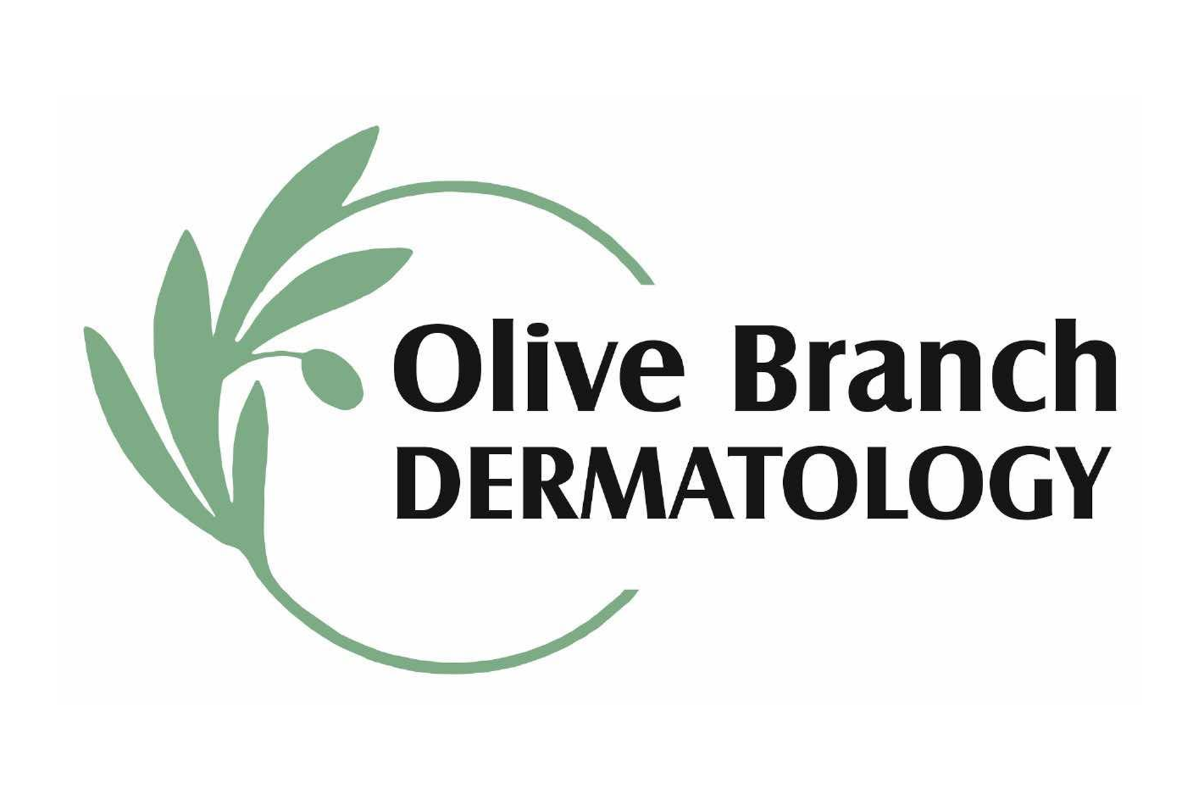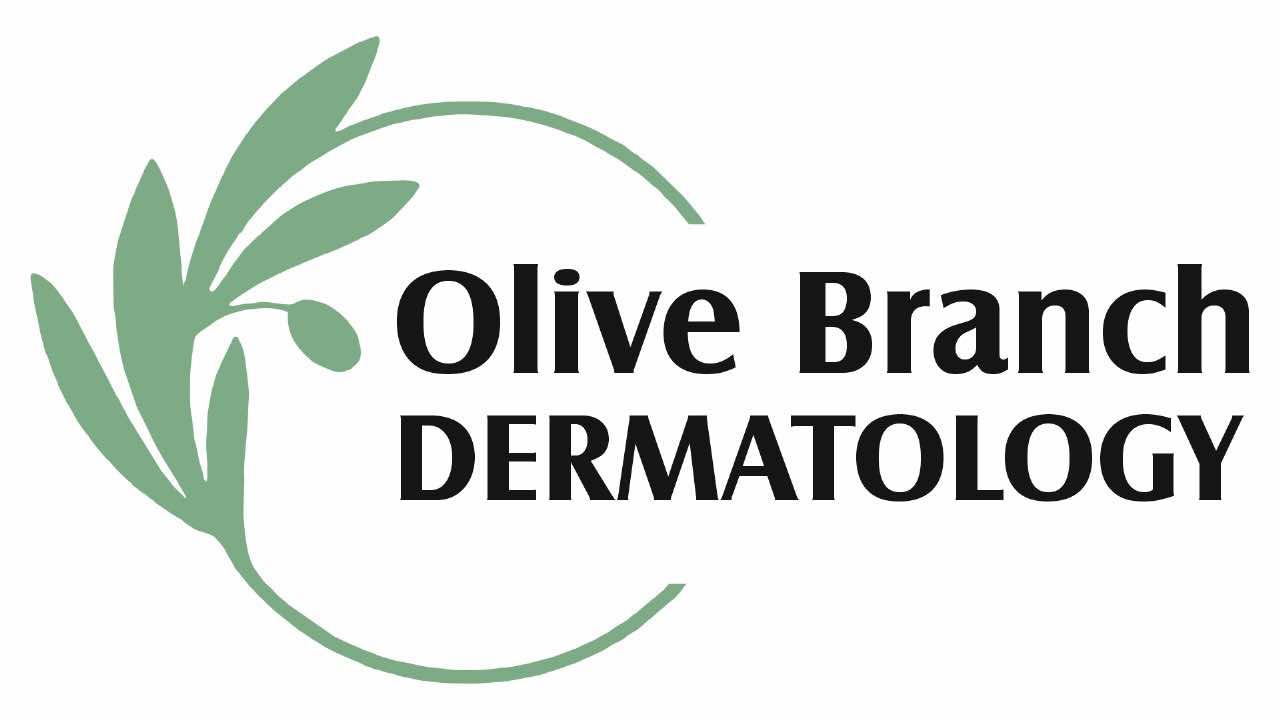Acne
Acne is a multifaceted skin condition that affects millions worldwide, presenting itself in various forms such as pimples, blackheads, and cysts. While often viewed as a teenage issue, acne can persist into adulthood, leaving many seeking effective solutions. Understanding the underlying factors—hormonal fluctuations, genetic predisposition, and lifestyle influences—is essential for creating a tailored treatment plan.
At Olive Branch Dermatology, we create personalized treatment plans by combining the latest prescription and over-the-counter products tailored to each patient's needs. In certain cases, oral medications may also be recommended. We assess common triggers and suggest behavioral and dietary adjustments to enhance skin quality and boost your confidence. Our ultimate aim is to provide effective solutions that lead to healthier, clearer skin.
Acne can arise from several contributing factors, including:
- Hormonal Changes: Fluctuations in androgens during puberty, menstruation, or pregnancy can lead to increased oil production.
- Genetics: A family history of acne may heighten susceptibility.
- Dietary Influences: High-glycemic foods and dairy products are linked to increased acne severity.
- Stress: Emotional stress can trigger hormonal changes that exacerbate breakouts.
- Skincare Products: Certain cosmetics and heavy creams can clog pores, contributing to acne.
At Olive Branch Dermatology, Dr. Alkeswani utilizes a multifaceted approach to treat acne, recognizing that effective management requires a personalized strategy tailored to each patient's unique skin type and underlying causes of acne.
1. Topical Treatments
- Retinoids: Prescription retinoids like tretinoin enhance cell turnover, preventing clogged pores and reducing the formation of new acne lesions. They also improve the appearance of post-acne marks.
- Benzoyl Peroxide: This topical agent is effective in decreasing the presence of Propionibacterium acnes, the bacteria responsible for acne, and helps to reduce inflammation.
- Salicylic Acid: A beta-hydroxy acid (BHA) that penetrates the pores, salicylic acid helps dissolve excess oil and debris, effectively treating both active breakouts and preventing future ones.
- Azelaic Acid: Known for its anti-inflammatory and antibacterial properties, azelaic acid not only clears acne but also minimizes hyperpigmentation associated with previous lesions.
- Topical Dapsone: This prescription gel reduces inflammation and bacteria on the skin, making it particularly effective for inflammatory acne.
- Winlevi (Topical Spironolactone): This innovative treatment is beneficial for women with hormonal acne, as it helps to inhibit androgen activity in the skin, reducing oil production and acne flare-ups.
- Clindamycin: This topical antibiotic effectively targets acne-causing bacteria, reducing inflammation and preventing new breakouts.
2. Prescription Oral Medications
For more persistent cases, Dr. Alkeswani may prescribe:
- Oral Antibiotics: Doxycycline can be effective in controlling bacterial growth and reducing inflammation associated with moderate to severe acne.
- Hormonal Therapies: For women experiencing hormonal acne, Spironolactone and oral contraceptives can help regulate hormonal fluctuations that trigger breakouts.
- Isotretinoin (Accutane): Reserved for severe cystic acne, isotretinoin is a powerful treatment that significantly reduces oil production and prevents future breakouts. It requires careful monitoring due to potential side effects.
3. Chemical Peels
Chemical peels using glycolic acid, salicylic acid, or trichloroacetic acid can exfoliate the skin, improving texture and tone while addressing hyperpigmentation.
4. Procedures
- Steroid Injections: For inflammatory acne, direct steroid injections can reduce swelling and accelerate healing.
- Comedone Extractions: Manual extraction of clogged pores helps to clear blackheads and whiteheads, improving skin clarity.
- Aquafirme xs:A medical-grade facial that hydrates and deeply cleanses, helping to unclog pores and reduce acne.
Tailored Acne Management
Each acne treatment plan is customized based on the patient's skin type, severity of acne, and response to previous therapies. At Olive Branch Dermatology, our goal is to not only treat active breakouts but also to minimize scarring and prevent future occurrences.
If you are struggling with acne, take the first step toward clear skin by scheduling a consultation with Dr. Alkeswani today. Together, we can develop a comprehensive treatment plan to restore your skin's health and boost your confidence.
- Be Consistent: Avoid frequently changing treatments; allow your regimen time to show results, which may take weeks to months.
- Avoid Touching Your Face: Minimize face-touching to reduce flare-ups, and refrain from picking at acne to prevent scarring and hyperpigmentation.
- Protect from Sun Exposure: Avoid tanning beds and excessive sun exposure, as they can worsen acne and increase the risk of skin damage.
- Give Treatments Time: Switching acne products too frequently can irritate your skin. Stick with one treatment for 6 to 8 weeks before evaluating its effectiveness.
- Apply Medication Properly: Instead of targeting only visible blemishes, apply acne medication evenly over acne-prone areas to prevent new breakouts.
- Use Non-Comedogenic Products: Choose makeup and skincare labeled "non-comedogenic" to avoid clogging pores and worsening acne.
- Avoid Sharing Makeup: Sharing makeup and tools can transfer bacteria that lead to breakouts. Keep your products for personal use only.
- Remove Makeup Before Bed: Always cleanse your skin at night to prevent clogged pores, even when using non-comedogenic products.
- Moisturize Wisely: Don't let your skin become overly dry from harsh treatments. Use an oil-free moisturizer designed for acne-prone skin.
- Be Gentle with Sweat: Pat sweat away with a clean towel during workouts instead of rubbing, which can irritate your skin.
- Avoid Popping Pimples: Resist the urge to pop or squeeze acne, as this can push bacteria deeper into the skin and worsen inflammation.
- Limit Exfoliation: Over-exfoliating can irritate the skin and exacerbate acne. Use gentle products and exfoliate sparingly.
- Maintain Clean Skin: Wash your face gently up to twice a day and after sweating, using a non-abrasive cleanser applied with fingertips to avoid irritation.
- Shampoo Regularly: Frequent shampooing can help remove excess oil from hair, reducing acne on the forehead.

